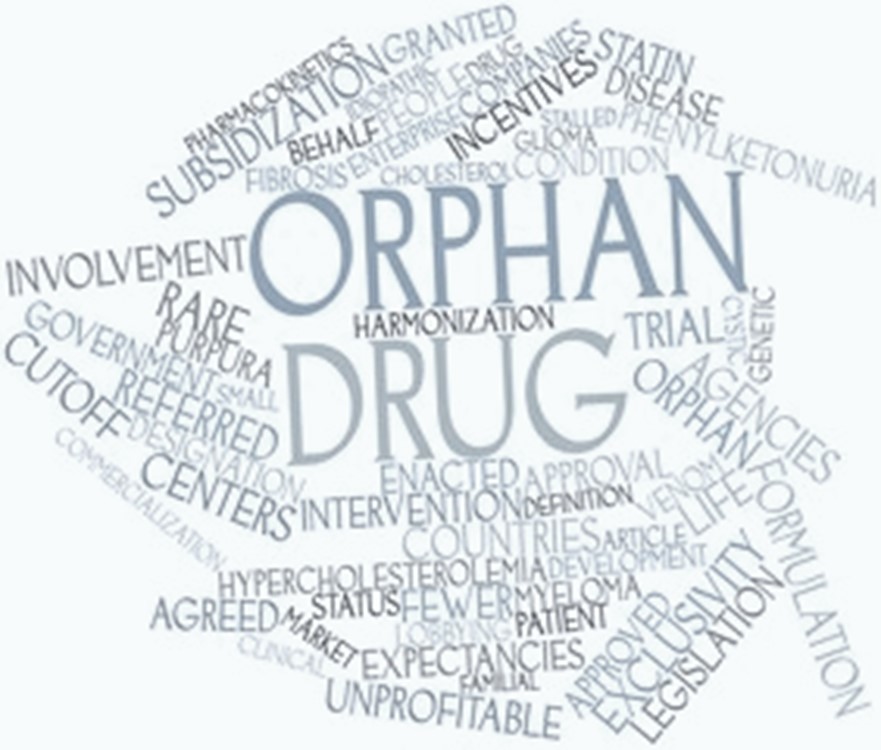
US FDA Grants Orphan Drug Designation To IASO Bio’s CT120 To Treat ALL
November 30,2021 10:00 AM
- By AdminIASO Biotherapeutics (IASO Bio), a clinical-stage biopharmaceutical company, announced that the Office of Orphan Products Development (OOPD) of the U.S. Food and Drug Administration (FDA) has granted the Orphan Drug Designation (ODD) to the company’s in-house developed fully human CD19/CD22 dual-targeted chimeric antigen receptor (CAR)-T cell therapy for the treatment of acute lymphoblastic leukemia (ALL).
The ODD is expected to accelerate the registration and launch of CT120 in the United States, where the product will be eligible to several preferential policies, including FDA support for clinical research, a waiver or reduction of certain fees, and seven years marketing exclusivity upon product approval.
The ODD is based on the proven clinical safety and efficacy of CT120. In an investigator-initiated clinical study (Registration No: ChiCTR2000038641), all 4 subjects with B-cell ALL achieved complete response (CR) after treatment with CT120 treatment, with a complete remission rate (CRR) of 100%. No Grade 3 or higher cytokine release syndrome (CRS) or immune effector cell-associated neurotoxicity syndrome (ICANS) was observed. Based on these results, CT120 is expected to become an innovative treatment for patients with relapsed/refractory B-ALL.
Dr. Wen (Maxwell) Wang, CEO of IASO Bio said, “CT120 is the first dual-targeted CAR-T cell therapy. The ODD granted to CT120 demonstrates the FDA’s recognition and expectation of the product. CT120 has obtained two IND approvals for B-NHL and B-ALL in China, and the clinical trial for the treatment of B-NHL is going well. The company is advancing the development of the product in China and United States. We look forward to the launch of this innovative therapy to cure more patients.”
The Orphan Drug Designation (ODD) is granted by the FDA’s Office of Orphan Products Development (OOPD) to eligible drugs (including biologic agents) for the prevention, treatment, and diagnosis of rare diseases. The FDA defines rare diseases as those which affect fewer than 200,000 people in the United States. Due to the small number of patients, low market demand and huge R&D costs, pharmaceutical companies were less inclined to invest in the development of these drugs without specific policy support. In 1983 however, the United States Congress passed the Orphan Drug Act (ODA), stipulating that all drug candidates granted the ODD will have access to a series of supporting policies.
Acute lymphoblastic leukemia (ALL) is a rapidly progressing form of leukemia and is a cancer of the blood and bone marrow, which can occur in both adults and children. According to the SEER in the United States, the annual incidence of ALL is 1.8 per 100,000, the mortality rate is 0.4 per 100,000, and the five-year survival rate is 69.9%. Based on these figures, the number of patients with ALL in the United States in 2021 is estimated at 115,000. According to the Frost & Sullivan report, the five-year survival rate of leukemia patients in China is only 25.4%, which is significantly lower than that in the United States. In 2020, the number of new ALL cases in China was 12,800, and the total number of patients with ALL was 143,900, and it is expected to rise to 150,300 in 2025.
CT120 is an autologous dual-target CAR-T therapy. Its extracellular domain contains two fully human single-chain fragment variable (scFv) sequences that can specifically bind to CD19 and CD22, identifying tumor cells with CD19 and CD22 expressions, thereby reducing the tumor escape caused by the loss of target antigen. Adopting a fully human design, CT120 has low immunogenicity, reduces the ADA effect, and improves CAR-T cells’ viability.
Compared to the intracellular costimulatory signal CD28, CT120’s intracellular costimulatory signal 4-1BB and CD3? have lower neurotoxicity and improved viability of CAR-T cells, thus more durable efficacy. Upon binding with CD19/CD22 antigens on the tumor cells, CT120 eliminates targeted tumor cells through the release of granzyme and perforin while simultaneously releases cytokine to promote the proliferation of CAR-T cells, thus achieves its durable antitumor activity.
IASO Bio is a clinical-stage biopharmaceutical company engaged in the discovery and development of novel cell therapies for oncology and autoimmune diseases.